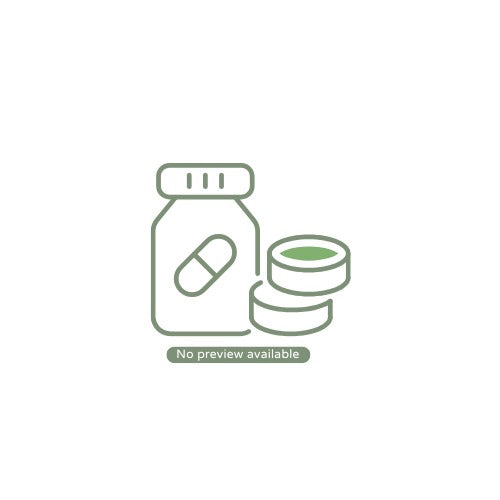COLCHICINE (Colchicine)
Reliable shipping
Flexible returns

Colchicine is a medication primarily used to treat gout flares and familial Mediterranean fever. It works by reducing inflammation and pain associated with these conditions. This effective treatment option has a long history of use, dating back to ancient times, and is derived from the Colchicum autumnale plant.
Some key highlights of Colchicine include:
- Mechanism of Action: Colchicine inhibits the migration of white blood cells to inflamed areas, reducing inflammation and pain.
- Use in Gout: It is particularly effective in managing acute gout attacks, helping to alleviate severe pain and swelling.
- Familial Mediterranean Fever: Colchicine is also used to prevent attacks in patients suffering from this hereditary condition, which causes recurrent fevers and inflammation.
- Dosage and Administration: Colchicine is typically taken orally, with dosing adjusted based on the severity of the condition and patient response.
- Side Effects: Common side effects may include gastrointestinal upset, such as diarrhea and nausea. It is essential to follow prescribed dosages to minimize risks.
- Drug Interactions: Colchicine may interact with other medications, so it’s important to inform healthcare providers of all current medications and supplements.
- Monitoring: Patients on Colchicine may require regular monitoring, especially those with kidney or liver issues, to ensure safe and effective use.
Overall, Colchicine is a valuable medication in the management of specific inflammatory conditions, providing relief and improving the quality of life for many patients.
- Colchicine
- Inactive ingredients may include:
- Lactose monohydrate
- Microcrystalline cellulose
- Magnesium stearate
- Starch
Colchicine is a medication primarily used to treat gout flares and familial Mediterranean fever. To use colchicine effectively, follow these detailed instructions:
Consult your healthcare provider before starting colchicine to ensure it is appropriate for your condition and to discuss any potential interactions with other medications you may be taking.
Take colchicine exactly as prescribed by your doctor. The typical starting dose for an acute gout attack is 1.2 mg, followed by 0.6 mg an hour later. Do not exceed the prescribed dosage.
Swallow the tablet whole with a full glass of water. You may take it with or without food. If stomach upset occurs, taking it with food may help.
If you miss a dose and it is almost time for your next dose, skip the missed dose and continue with your regular schedule. Do not take two doses at once to make up for a missed dose.
Monitor for any side effects, which may include gastrointestinal issues such as diarrhea, nausea, or abdominal pain. If severe side effects occur, contact your doctor immediately.
Maintain regular follow-up appointments with your healthcare provider to monitor your response to the medication and make any necessary adjustments to your treatment plan.
If you are taking colchicine for chronic conditions, follow your doctor’s recommendations for long-term use, including any necessary blood tests to monitor your health.
Store colchicine at room temperature, away from moisture and heat. Keep out of reach of children and pets.
Remember that while colchicine can be effective in managing symptoms, it is essential to address the underlying causes of your condition with your healthcare provider.